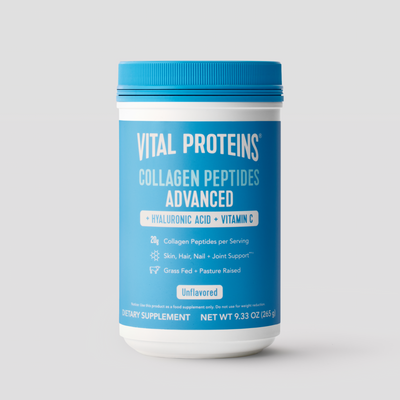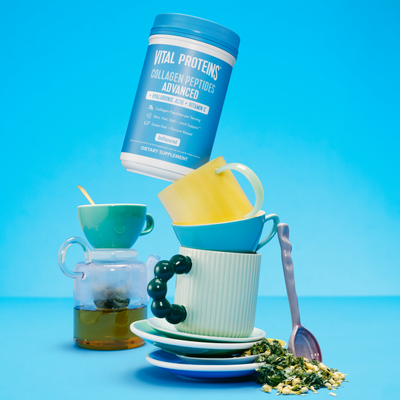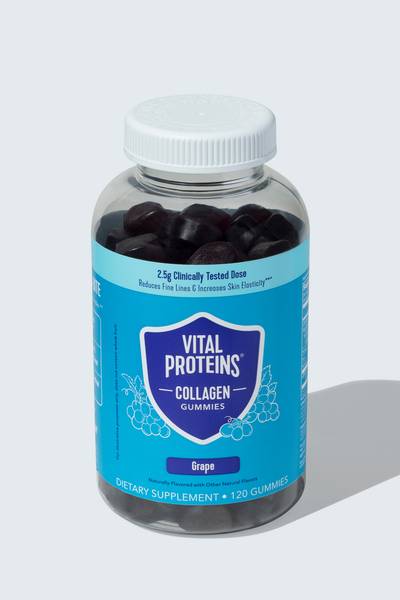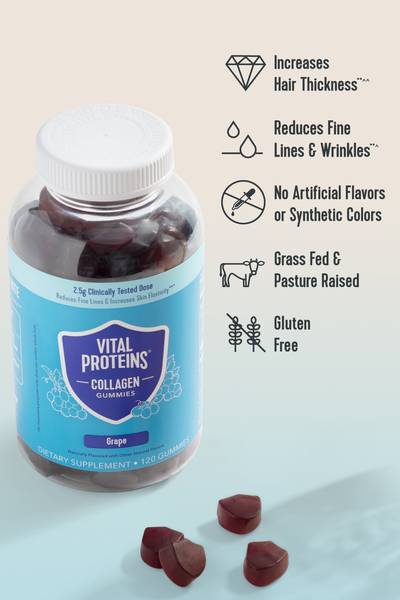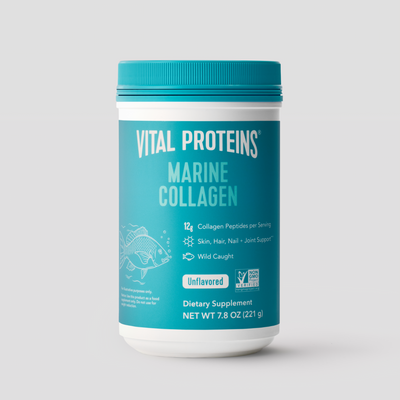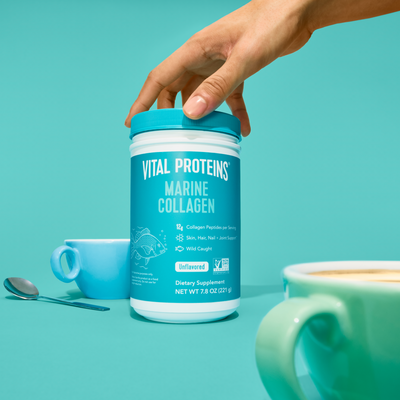Gut health may sound like a trendy term, but having a healthy gut can be beneficial to your overall health. Turns out, your gut is full of billions of types of good bacteria, known as probiotics, that can help keep you, um, regular, among other things. Here's what to know about probiotics.
Vital Note: This article has been made available for informational and educational purposes only. It is not intended to be a substitute for professional medical advice, diagnosis, or treatment. Always seek the advice of your physician or another qualified health provider with any questions you may have regarding a medical condition. Your licensed healthcare professional can best provide you with the diagnosis and treatment of any medical condition and assist you as well in deciding whether a dietary supplement will be a helpful addition to your regimen.
What Are Probiotics?
"Simply put, probiotics equal good bacteria," Suzie Devine, RN MSN and Founder of Binto, a women's reproductive health company, tells Lively. "Our gut contains trillions of different strains, or types, of bacteria."
When you think of bacteria, you might automatically come up with visions of illness and bad bacteria, like E.coli. While we obviously don't want bad bacteria in our guts, good bacteria is helpful. That’s where probiotics come into play. Every human has different probiotic strains and a different gut microbiome makeup, Devine says.
"Probiotics can add to or support the beneficial bacteria (and other organisms) that already live in your gut," Caitlin Beale, MS, RDN, tells Lively.
There are many different strains of probiotics, and all exert specific functions. "For example, one of the most popular, Lactobacillus, produces an enzyme called lactase that helps break down the sugar in milk products," Michelle Tierney, RD, CPT, says.

What are examples of probiotics?
In foods, you'll want to look for live, active cultures of probiotics, Devine says.
These can be found in yogurts, kefir, kombucha, raw cheese, apple cider vinegar, pickles and tempeh, among others. Certain plant-based foods also contain prebiotics, like inulin, aka the "food" probiotics need to stay healthy, found in fiber, Devine explains.
Related Articles
What do probiotics do for your body?
Probiotics aid in keeping your gut microbiome healthy. Probiotics help keep your gut in balance so it can help with healthy digestion of food. There are other benefits of a healthy gut as well. According to the American Psychological Association (APA), bacteria in the gut helps manufacture over 90 percent of the body's supply of serotonin, which influences both mood and GI activity.
Is it OK to take a probiotic every day?
For food sources, Beale suggests incorporating 1/4 to 1/2 cup daily. "Supplementation really depends on the type, reason, and strain (there are many different strains, and some work better for certain conditions), so going by health practitioner recommendation or per bottle instructions is best," Beale says.
Devine suggests that you have foods that contain probiotics daily. And, if you aren't going to get them naturally, you can also take a supplement to add probiotics to your diet, but it's important to read the label on any over-the-counter supplement as serving size varies.














